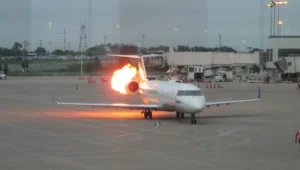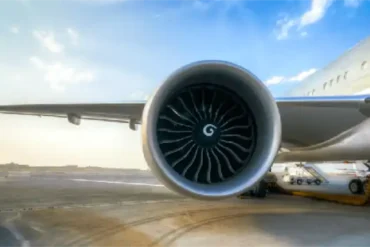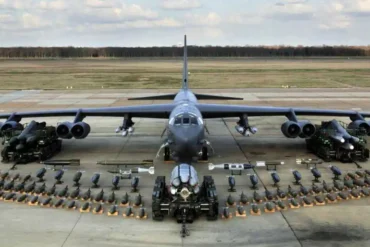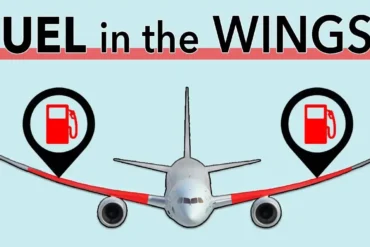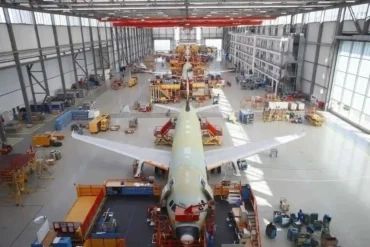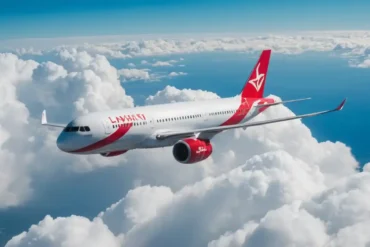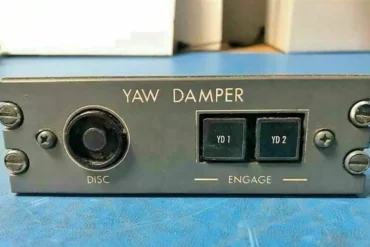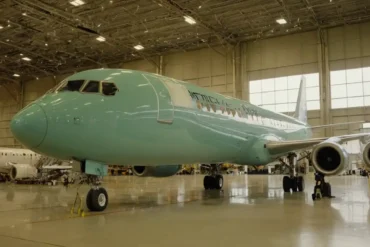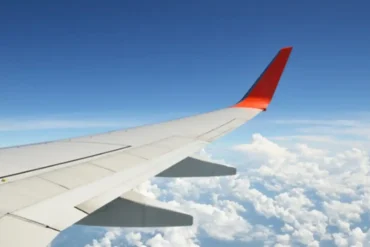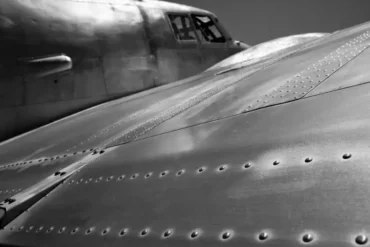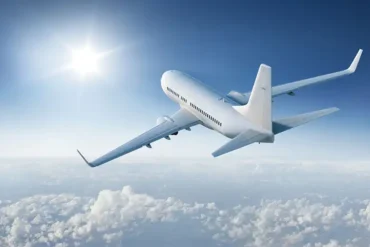Have you ever wondered why engines sometimes catch fire when you’re trying to start them? It’s actually pretty common, especially when it’s cold outside. You might be thinking, “Could this happen to me?” Well, the answer is yes, and it’s more likely than you might think.
The main reason for engine fires on the ground is something called over-priming. When your engine won’t start, how many times do you try to prime it again? How many times is too many?
When you’re starting a cold engine, you need to prime it. This means putting a little fuel into the cylinders or intake manifold to help it start. It’s easy to overdo it, either by using too much fuel or priming too many times (we’ve all been there). On the flip side, not priming enough rarely happens.
So what happens when you over-prime? The extra fuel from priming ends up in one of three places:
- The valve-chamber, where the fuel gets pulled into the cylinder.
- The intake manifold, which is right before the intake valve.
- Straight into the cylinder itself.
To start the engine, you need just the right mix of fuel and air – usually about 15 parts air to one part fuel. When you over-prime, you end up with too much fuel compared to the air in the cylinder, which makes it hard to start. Plus, the extra fuel can build up in the manifold or cylinder. Often, there’s so much fuel that it turns from a gas into a liquid.
When you try to start the engine, that extra fuel can get splashed around by the piston. This splashing messes up the fuel-to-air mix even more, which can cause ignition. The problem is where that splashed fuel ends up – it can go to either the Exhaust Manifold or the Intake Manifold.
1. Exhaust Manifold: If the fuel ignites here, it just goes out through the fireproof exhaust system. No big deal.
2. Intake Manifold: If the fuel gets out through here, it can be a problem. In the worst case, the burning fuel might drip down into the carburetor or fuel-injector, which aren’t fireproof. If it catches fire there, it can burn through and start a bigger fire in a pool of fuel. Not good!
Picture this: you’re starting a cold engine, so you need to prime it. You prime it a little extra, maybe 2-3 times. But it doesn’t start. You think you didn’t prime enough, so you do it again, and before you know it, you’ve flooded the engine.
How can you tell if you’ve over-primed, and what should you do about it?
1. If the engine’s hard to start and you smell a lot of fuel, you’ve probably over-primed.
2. If you’ve only over-primed a little, you might be able to fix it with a special starting procedure for your plane. But if you’ve really overdone it and fuel is dripping from the exhaust, don’t try to start the engine. Instead, make sure it’s off and open the throttle all the way. This opens up the engine’s butterfly valve, letting air in to help the extra fuel evaporate. Leave it open for 10 to 15 minutes or longer – it’s a great excuse to relax in the pilot’s lounge. No need to rush!
Engine fires happen a lot, especially when it’s cold. Knowing the risks of over-priming can help you avoid them. Be careful not to over-prime your plane, especially in really cold weather, and your engine will thank you!
